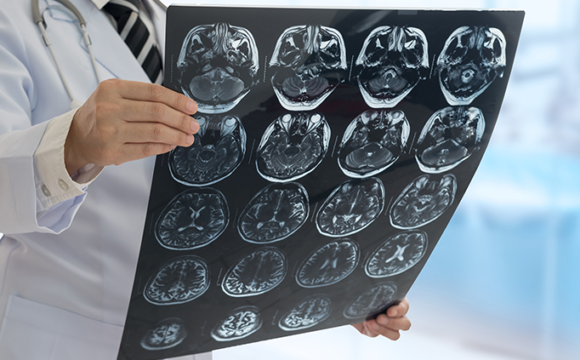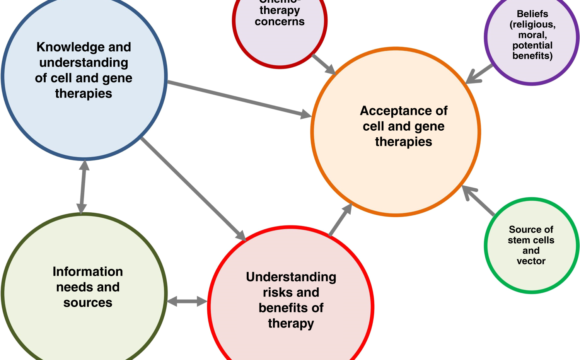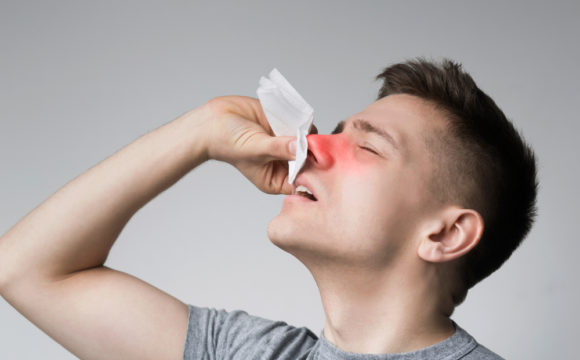Anyone who abuses alcohol for a long time may experience alcohol withdrawal, a condition that poses a serious risk to their lives. Dehydration, convulsions, and even death may result from the severe physical and psychological symptoms it produces. Stopping drinking alcohol altogether is the easiest approach to avoid alcohol withdrawal, but doing so can have a lot of negative effects. The good news is that there are a variety of treatments available to help with alcohol withdrawal, making it simpler to control the signs and symptoms and kick the habit. The best treatments for alcohol withdrawal are examined in this article.
The first line of treatment is to see a doctor. It is always better to speak with a doctor or other medical professional who can offer advice and prescribe drugs to reduce the symptoms of alcohol withdrawal because it can be difficult and potentially harmful. Benzodiazepines, antipsychotics, anticonvulsants, and beta-blockers are a few of the drugs that are frequently used for alcohol withdrawal. These medications can control blood pressure, ease anxiety, and prevent seizures. Also, it’s critical to maintain hydration by consuming lots of liquids and taking electrolyte supplements.
Getting emotional support from friends and family is another treatment option for alcohol withdrawal. To manage the symptoms of alcohol withdrawal, joining a support group like Alcoholics Anonymous (AA) can be extremely beneficial. Group therapy sessions give patients the chance to interact with others who have gone through similar things while also providing helpful advice on how to cope with the withdrawal. They can also offer members encouragement and psychological assistance.
Furthermore, crucial during alcohol withdrawal are regular exercise, a good diet, and lots of sleep. Exercise encourages a healthy mental and physical well-being while also assisting in the reduction of anxiety, stress, and sadness. Alcohol withdrawal symptoms can also be controlled with a nutritious diet rich in fiber, fruits, vegetables, and lean protein. At this crucial period, the body requires proper nutrients to mend and restore. Having enough rest and sleep can also assist in controlling your emotions and lowering stress.
Last but not least, therapies including dialectical behavior therapy (DBT), motivational enhancement therapy (MET), and cognitive-behavioral therapy (CBT) can help with alcohol withdrawal symptoms. Changes in harmful behaviors and cognitive processes that contribute to binge drinking are the main goals of these therapies. People can gain more control over their emotions and lower their risk of relapse by swapping out negative thoughts and routines with good ones.
For more info visit different websites.
In conclusion, alcohol withdrawal can be a painful and stressful process, but there are treatments that can help control the symptoms and ease the discomfort. The rehabilitation process may be aided by seeking medical attention, receiving emotional support, exercising frequently, maintaining a nutritious diet, getting enough rest, and attending therapy sessions. People can conquer their addiction and adopt a healthier, sober lifestyle by remaining optimistic, devoted, and active in their recovery.







